Women in the Indian Economy
In stock
The Constitution of India confers equal rights and opportunities on men and women in the political, economic and social spheres. The policy framework within which efforts are being made to ensure gender equality has been spelt out by the National Policy for the Empowerment of Women (2001(. India’s commitment to gender equality is further evidenced by the fact that it is a signatory to Convention on the Elimination of all Forms of Discrimination against Women (CEDAW), which was ratified on 25-6-1993 (with one reservation and two declaratory statements). The most significant achievement of recent years has been the reservation of one-third of the seats for women in panchayats and local bodies through the 73rd and 74th Constitutional Amendments. This has brought about a million women into positions of decision-making and has contributed significantly to the political empowerment of women. State Human Development Reports (HRDs) have emerged as a powerful tool for advocacy of for gender justice since their inception in 1995. This book contains 8 essays, authored by eminent scholars, on different facets of women’s involvement in the Indian economy. Besides, it contains material from India’s Eleventh Five Year Plan (2007-12) concerning welfare, development and empowerment of women in India.

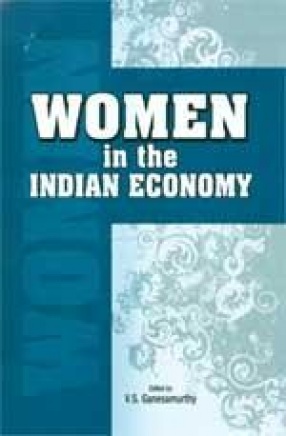
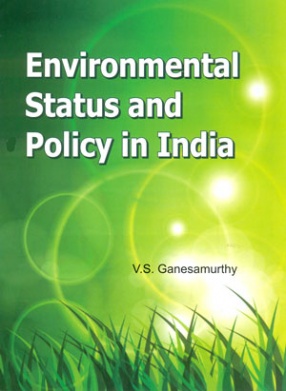
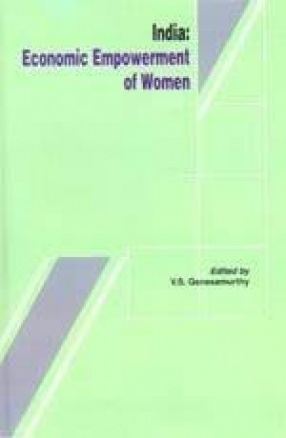
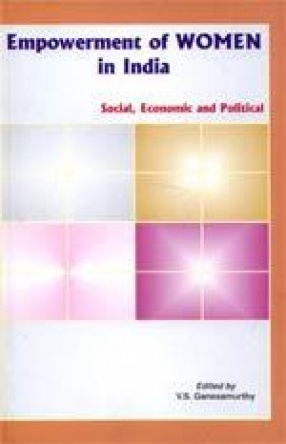
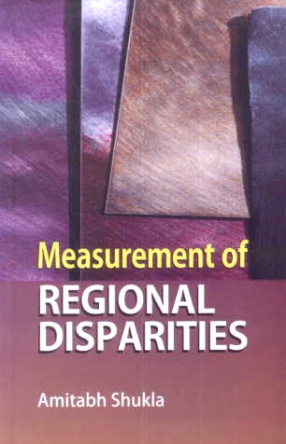
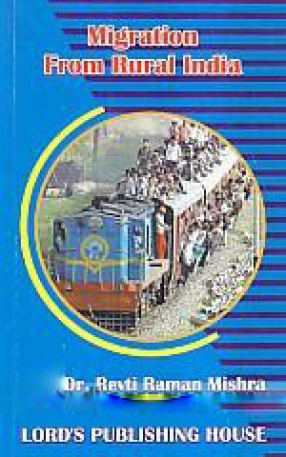

There are no reviews yet.